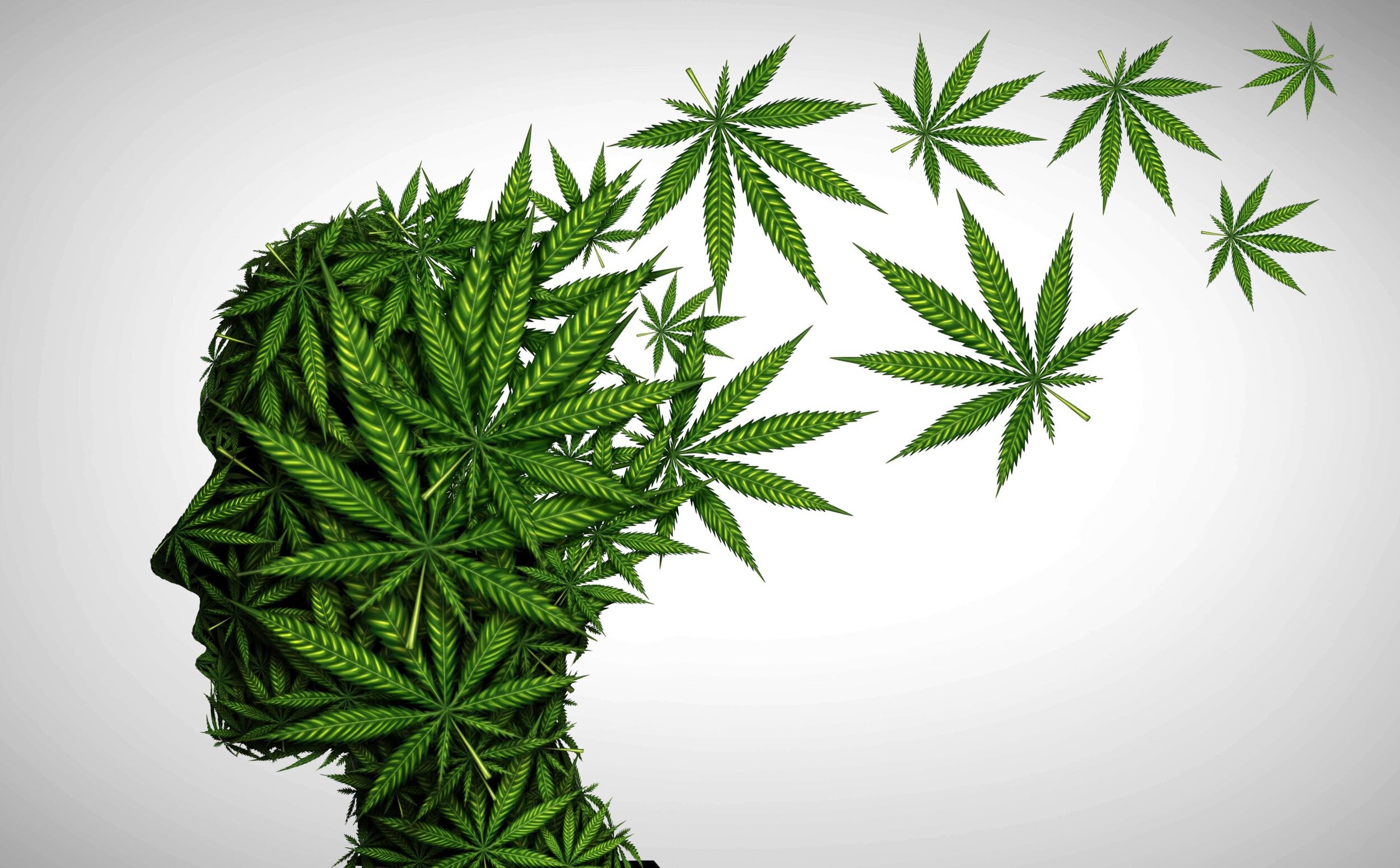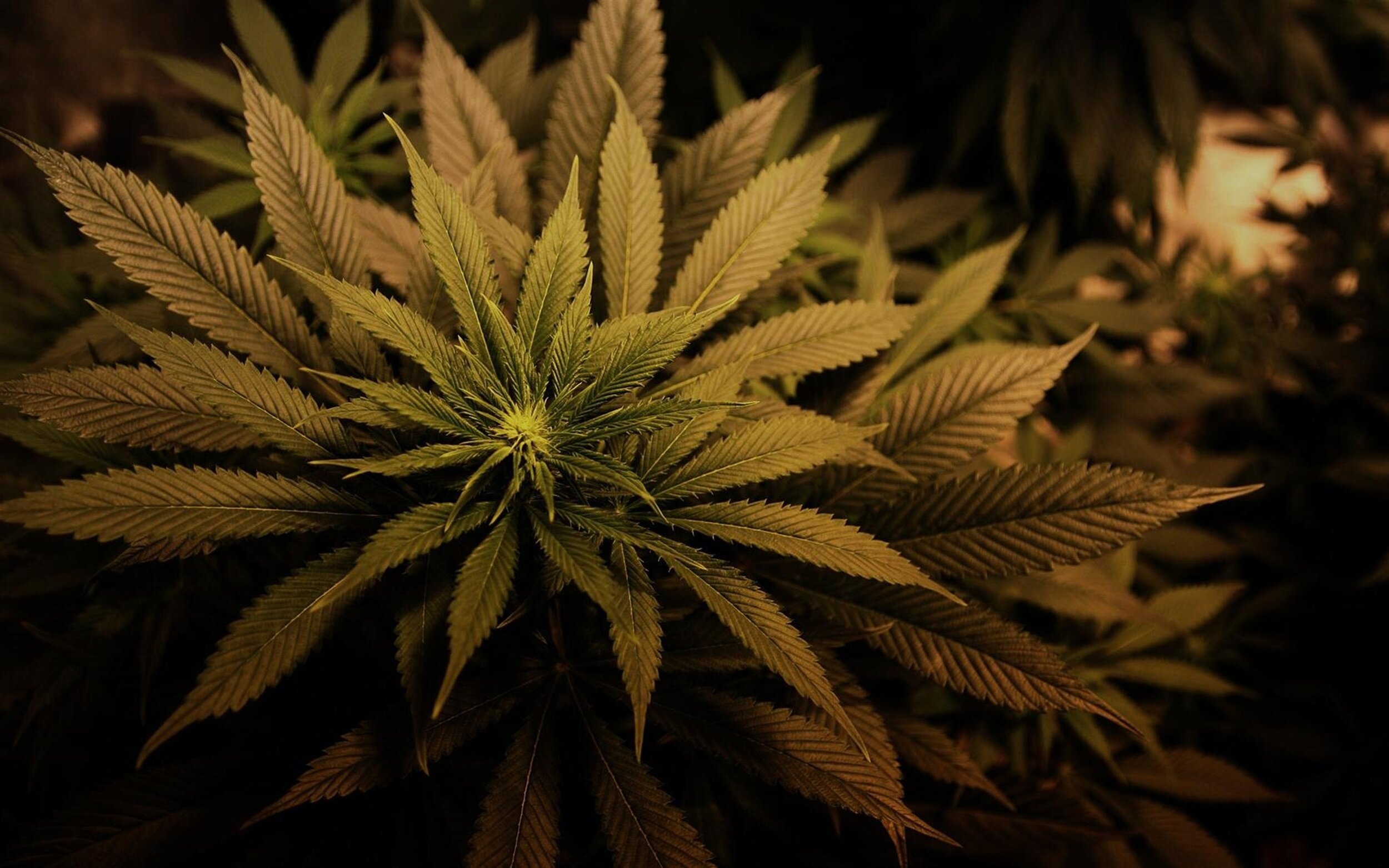
Consuming cannabis
Start with small amounts - 2.5 mg of THC or less for products that you eat or drink or 100 mg/g of THC or less for products that you inhale.
Avoid smoking cannabis. The smoke from cannabis contains the same harmful chemicals found in tobacco smoke.
Avoid frequent use. Daily or near-daily use over months or years increases the risk of dependence and may bring on or worsen disorders related to:
anxiety
depression
Don't drive or operate heavy equipment after using cannabis. Cannabis can cause drowsiness and impair your ability to concentrate and make quick decisions.
If you choose to consume cannabis, delay use to later in life. Teenagers and young adults are at greater risk of harms because the brain continues to develop until around the age of 25.
The short-term effects of cannabis use
Everyone's response to cannabis differs and can vary from one time to the next.
When cannabis is used, it can:
Impair your ability to drive safely or operate equipment
Cannabis can cause drowsiness, slow reaction times, lower your ability to pay attention and impair coordination. Using cannabis and then driving or operating equipment can result in an accident, serious injuries or death.
Make it harder to learn and remember things
Cannabis can impair your thinking, concentration, memory and decision-making, and can impact your ability to perform well on the job or at school.
Affect your mental health
Though cannabis can cause euphoria (a high) it can also cause anxiety or panic.
In rare cases, cannabis can trigger a psychotic episode (not knowing what is real, experiencing paranoia, having disorganized thoughts and, in some cases, hallucinating).
The long-term risks of cannabis use
Using cannabis frequently (daily or almost daily) and over a long time (several months or years) can:
Hurt your lungs and make it harder to breathe, if smoked
Cannabis smoke contains many of the same harmful chemicals found in tobacco smoke.
Affect your mental health
Frequent use of THC over a long time increases the risk of cannabis dependence, also called:
addiction
cannabis use disorder
problematic cannabis use
It is also associated with an increased risk of developing or worsening disorders related to anxiety and depression.
Using products with higher levels of THC (20% THC [200 mg/g] or more) such as resin, hash oil, wax and distillates further increases the risk of mental health problems over time.
Stopping or reducing your cannabis use can improve your mental health.

Drug-impaired driving
Drug-impaired driving is illegal. Do not drive high.
Law enforcement is trained to detect drug-impaired driving.
Learn more about detecting drug-impaired driving under Cannabis impairment.

Travelling
It's illegal to take any cannabis across the Canadian border, regardless whether:
for medical or non-medical purposes
you're coming into Canada, or leaving
This applies to all countries, whether cannabis is legal there or not.
When you are travelling within Canada, you may possess up to 30 grams of dried cannabis or its equivalent, if you meet the minimum age requirement of the province or territory you are in.
It's your responsibility to learn the laws of the province or territory you are going to, before you travel. If you use cannabis, follow the laws in the jurisdiction where you are.

Growing cannabis
You may not sell the cannabis you grow at home to others.
At home
The Cannabis Act permits adults to cultivate up to 4 cannabis plants per household (not per person). Some provinces and territories have applied added restrictions on personal cultivation.
There are recommended safety and security measures for growing cannabis plants.
Growing for sale
You need to be licensed by Health Canada to be able to grow cannabis for sale.
In some cases, you may also need a licence from the Canada Revenue Agency to sell cannabis. Legal cannabis products must carry an excise stamp, except those products with less than 0.3% THC or no THC.

The effects of cannabis on young people's health
Cannabis affects the same biological system in the brain that is responsible for brain development.
Youth and young adults are more likely to experience harms from cannabis because their brains develop until about age 25. The earlier you start consuming cannabis, the more harm it can do.
Starting as a teen, consuming frequently (daily or near daily) and over a long time (several months or years) increases the risk of mental health problems. These problems include dependence and disorders related to anxiety and depression.
Frequent use of cannabis over a long time can also harm important aspects of your thinking, like learning and memory. Stopping use can help improve these deficits. However, some of these harms may persist for months or years, or may not be fully reversible.

Lowering your risks when consuming cannabis
There are risks associated with cannabis use. The best way to protect your health is to avoid using cannabis or cannabis products completely.
Cannabis can be consumed in different ways. Two common ways are:
inhalation (smoking or vaping)
ingestion (eating or drinking)
Each way carries different health and safety risks.
Everyone's response to cannabis is different, depending on:
sex
age
THC and CBD content
any pre-existing medical conditions
experience with cannabis, frequency of use
consumption of food, alcohol, other drugs or health products
Everyone's response to cannabis can also differ from one time to the next.
Research suggests that there are ways to reduce the risks:
Use it in a safe and familiar environment and with people you trust, especially if you are inexperienced or a new user.
Delay cannabis use until the brain is fully developed. This occurs around the age of 25.
The earlier you begin using cannabis, the higher your risk of serious health issues, including dependence and other mental health problems.
Choose a product with equal or higher amounts of CBD than THC.
The higher the THC content of a product, the more likely you are to experience adverse effects and greater levels of impairment. CBD is known to reduce some of the effects of THC.
If you smoke cannabis, avoid inhaling deeply or holding your breath.
Limit and reduce how often you use.
Frequent use of cannabis over a long time can contribute to mental health problems. These include dependence, anxiety and depression.
Avoid mixing cannabis and other substances, like alcohol or drugs.
Using cannabis at the same time as drinking alcohol and/or using other drugs can cause more severe levels of impairment and adverse effects. Other drugs include pain medications (opioids) and tranquillizers (benzodiazepines).
Avoid using cannabis and driving or operating machinery.
After alcohol, cannabis is the drug most often linked to car accidents. Cannabis can affect your concentration, attention and coordination, and slow your reaction time. Using it and driving or operating machinery increases the risk of having an accident, which can result in serious injuries or death.
Avoid using synthetic cannabis products, which are illegal.
Products known as synthetic cannabis (K2, spice) are not cannabis at all. These products are very different, have much stronger effects and are more dangerous. Using synthetic cannabis can lead to severe health problems, such as seizures, irregular heartbeat, hallucinations and, in rare cases, death.
Avoid cannabis completely if you are at risk for mental health problems, especially
psychosis
schizophrenia
problematic substance use
For more information, please see the lower-risk cannabis use guidelines developed by Canadian experts in mental health and addiction.

The effects of cannabis on pregnancy and breastfeeding
Avoid cannabis completely if you are pregnant or breastfeeding. Substances in cannabis are transferred from the mother to child and can harm your unborn or newborn baby.
There may also be other health risks associated with cannabis use during pregnancy and breastfeeding.
If you have questions, visit your health care provider.

Cannabis for medical purposes
Some people use cannabis for their health problems. Deciding if cannabis is appropriate to treat your symptoms is best done in discussion with a health care provider.
To help you and your health care provider make informed decisions about the potential benefits and risks, we have published information on using cannabis for medical purposes.

Cannabis addiction
Cannabis addiction is real, although the risk of addiction is lower than it is for other substances such as:
tobacco
alcohol
opioids
Using cannabis frequently can lead to a pattern of problematic use or use disorder. This can result in dependence or addiction.
Experiencing a cannabis addiction can cause serious harm to your:
health
social life
school work
work and financial future
What we know:
Adolescents who use cannabis frequently can increase their chance of becoming addicted.
Close to 1 in 10 adults who use cannabis will become addicted. This statistic rises to about 1 in 6 for people who started using cannabis as a teen.
Between 1/4 and 1/2 of all those who smoke cannabis daily will become addicted.
Quitting is not always easy. If you are struggling with your cannabis use, you can:
discuss your cannabis use with your physician or other trusted health care provider or counsellor
reach out to organizations or groups that deal with addiction
Know the signs of cannabis addiction and where to get help.

Cannabis poisoning
Accidentally consuming or consuming too much cannabis at a time can lead to temporary adverse effects, also known as cannabis poisoning. Cannabis poisoning is not generally known to be fatal. It can, however, be very unpleasant and potentially dangerous, sometimes requiring emergency medical attention and, in some cases, hospitalization. Children and pets are at greater risk of cannabis poisoning.
Symptoms can include:
chest pain
rapid heartbeat
nausea/vomiting
psychotic episode
respiratory depression
severe anxiety and/or panic attack
The higher the THC content in a product, the higher the likelihood of experiencing adverse effects/poisoning, especially if you are a first-time or inexperienced user.
It is also easier to be poisoned when ingesting (eating or drinking) cannabis compared to inhaling cannabis (smoking or vaping). This is because some of these products may be confused with similar non-cannabis products. It can also take much longer to feel the effects. The result is that people consume more before they feel the full effects.
When eating or drinking cannabis, it can take up to:
2 hours for you to start to feel the effects
4 hours for you to feel the full effects
12 hours for acute effects to subside
Store all cannabis products safely, keeping them out of reach of children, youth and pets. This is particularly important for edible cannabis, which may be mistaken for regular food or drinks.
If you've consumed cannabis and are experiencing particularly unpleasant or harmful effects:
stop using it
seek immediate medical attention or call your local poison control centre
Note: If you have consumed cannabis, don't drive. There is no guidance to drivers about:
how much cannabis can be consumed before it is unsafe to drive
how long a driver should wait to drive after consuming cannabis

